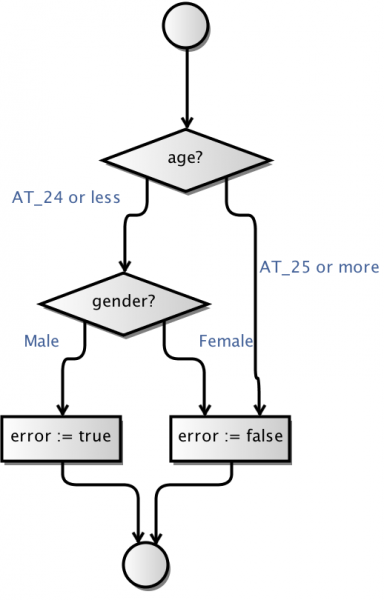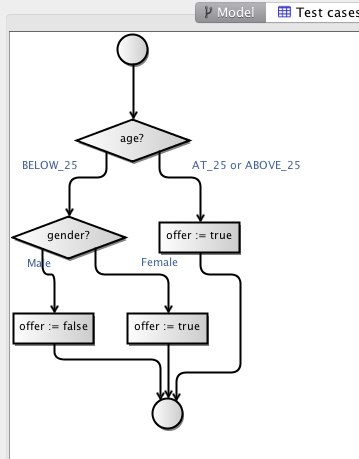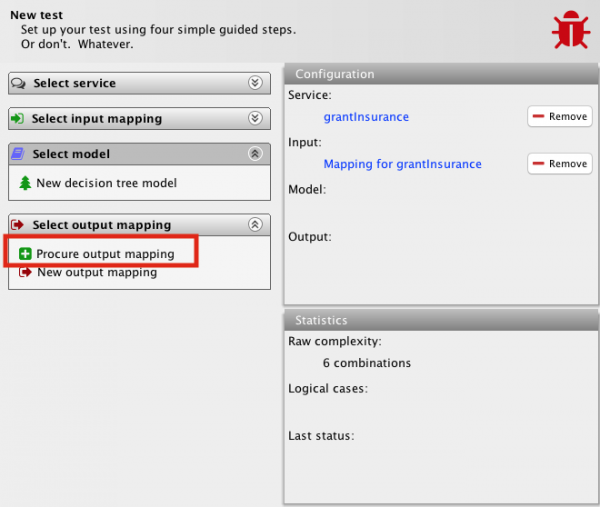The past weeks, I’ve been working on what was intended to be a small amusing feature in the Model-Based Testing Workbench, but instead turned out to be much more complex and useful than I thought it would be. Fuzzing is a testing technique, which consists largely of just throwing random inputs at a program and […]
The Fuzz about Models



